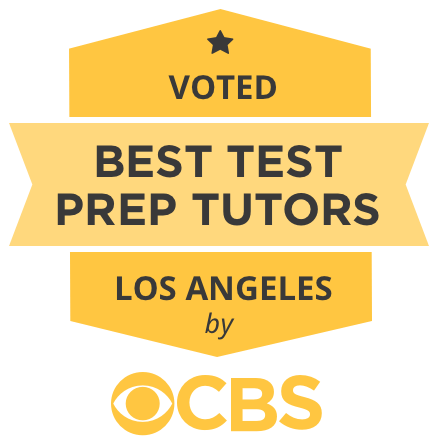


Jaxsen: Los Angeles tutor
Certified Tutor
Undergraduate Degree: Lindenwood University - Bachelors, Sociology
Reading, photography, poetry, current events, learning, writing music
10th Grade Writing
11th Grade Writing
12th Grade Writing
1st Grade Math
2nd Grade Math
3rd Grade Math
4th Grade Math
5th Grade Math
6th Grade Math
7th Grade Math
8th Grade Math
9th Grade Writing
College English
Elementary School Math
High School English
High School Writing
Homework Support
Other
Persuasive Writing
Social Sciences
Summer
What is your teaching philosophy?
Humans are social and naturally curious creatures. We learn every single day by interacting with our environment. My approach to learning is that anything our minds absorb can be useful in our future endeavors. We are hardwired to learn and constantly find innovative ways to manage amazing amounts of information.
What might you do in a typical first session with a student?
In a first session with a student, we will discuss the ultimate goals of the student and their families (if applicable). From there, we will be able to identify a few short term goals. This formula of long-term achievement and manageable short-term goals will help us create a roadmap for how we assist the student along their educational path. I'd also determine what ways the student learns best as well as what the student is already comfortable with and where they can improve.
How can you help a student become an independent learner?
Many are familiar with the proverb about teaching a man to fish. This concept certainly applies to education. Too often, we may see students given answers, or given step-by-step instructions on how to get there. Part of education is teaching a student how to think and how to see concepts in a new way. I believe this is the key to independence. I will teach your student how to look at problems in a way that is applicable to life outside of the classroom. Together, we will improve your student's critical thinking, study methods and independence through an innovative and customized learning experience.
How would you help a student stay motivated?
Humans are naturally curious creatures. People want to learn. I believe the trick is empowering students with knowledge. When a student feels that they achieve something and understand a concept, it reinforces them to continue their studies. Even if a student is not yet exactly where they want to be, every bit of the process is an opportunity to empower a student to take pride in their progress and motivate them to continue their studies.
If a student has difficulty learning a skill or concept, what would you do?
I take pride in helping others obtain knowledge. I make it my personal responsibility to equip my students with the greatest possible subject mastery possible. If a student isn't learning a concept, it does not mean that they are not skilled at it. It means that they are not receiving the information in a way that is tailored towards their individual comprehension. It is an educator's responsibility to frame knowledge in a way their student can understand it.
How do you help students who are struggling with reading comprehension?
Reading comprehension can be an intimidating concept for students and their families. It is less objective than math or science, and there aren't any calculators to check your work!
What strategies have you found to be most successful when you start to work with a student?
Communication is the number one tool in success with students. Many of us (myself included) have had courses when an educator spent the entire time lecturing without any degree of communication. In these courses, you either memorize the material or you don't. This environment is often not the most conducive to personal growth and the accumulation of knowledge.
How would you help a student get excited/engaged with a subject that they are struggling in?
All students want to and have the ability to learn. By keeping diligent notes on our sessions, I consistently assess the progress of each of my students. Using hard evidence of this progress often empowers students to be more engaged in their own education. I supplement this with interactive methods, especially for students who learn better from active involvement with the subject matter.
What techniques would you use to be sure that a student understands the material?
I use verbal clarification, assessments, and skill mastery activities to gauge comprehension. All of my assessment techniques are individually customized to each student. I do not use the same materials for the sake of simplicity. I actively seek materials and utilize methods based upon my students' strengths and learning styles.
How do you build a student's confidence in a subject?
The answer to building confidence with students is as simple as one word: empowerment! My student (and their family, if applicable) already know that there is much to be learned. We all have much to learn. Using evidence of progress and skill mastery over time helps empower a student to have confidence in their abilities.
How do you evaluate a student's needs?
I evaluate a student's needs by assessing where they are, identifying what they hope to gain, and diligently monitoring their progress on their journey between the two.